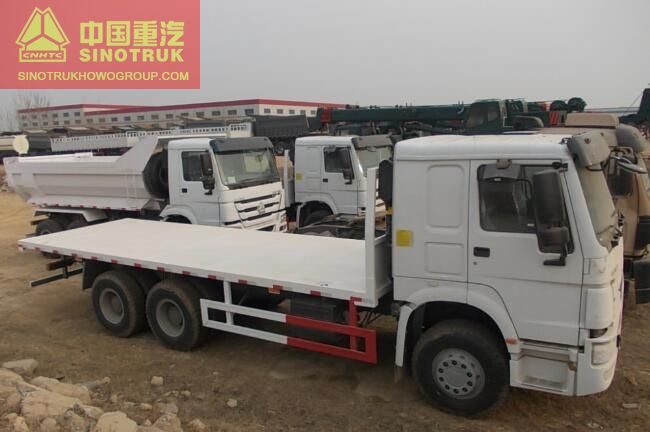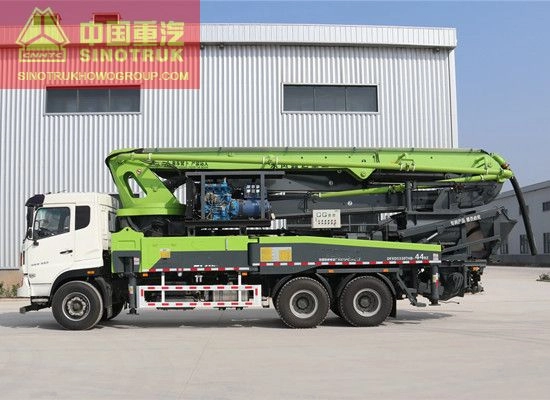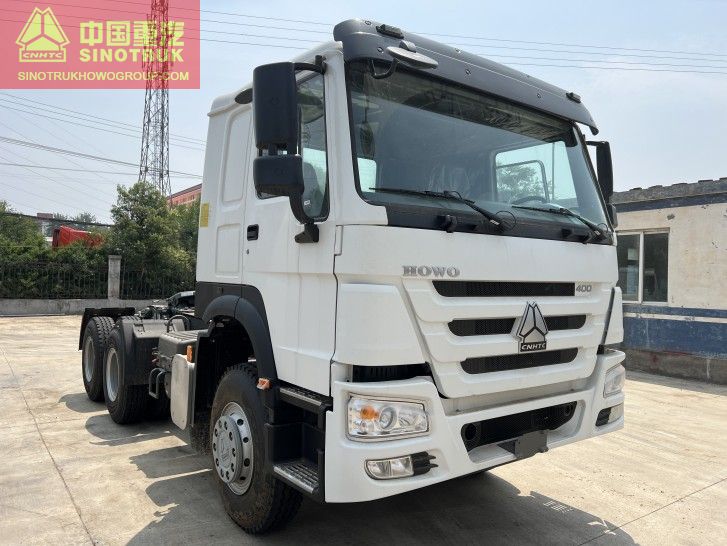sideloader differentials,differentials meaning
- Release time:05-09-2024
- Source:Sinotruk HOWO
Catalog overview:
Understanding Sideloaders: The Differential Magic

Sideloaders, a specialized type of forklift, have revolutionized the warehousing and logistics industry with their unique design and efficient loading capabilities. A key component that sets them apart from other forklifts is their differential system, a mechanical marvel that plays a pivotal role in their maneuverability. This article delves into the intricacies of sideloader differentials, explaining how they function, their importance, and the solutions they offer to warehouse operations.
What is a Sideloader Differential?
At its core, a differential is a device that allows the wheels of a vehicle to rotate at different speeds when turning, ensuring smooth cornering and preventing tire wear. In the context of sideloaders, the differential is an essential part of the steering mechanism, particularly crucial due to the sideloader's narrow frame and its need to navigate tight spaces.
Functionality of Sideloader Differentials
不同于传统的正面装载叉车,侧装叉车的驱动轴和转向轴是分开的。当侧装叉车转弯时,差速器分配动力到两个后轮,允许一个轮子比另一个轮子转得更快,从而实现平滑的转弯。这种设计在处理长而窄的负载时特别有用,因为它可以在不打滑或损坏货物的情况下,精确地沿着仓库货架滑行。
The Importance of Sideloader Differentials in Efficiency
Sideloaders with well-functioning differentials can significantly increase warehouse productivity. Their ability to operate in narrow aisles, combined with the differential's smooth steering, reduces maneuvering time and enhances overall efficiency. the differential's role in preventing tire wear translates to lower maintenance costs and a longer lifespan for the equipment.
Solutions for Common Differential Issues
Despite their robust design, sideloader differentials may face issues like oil leaks or excessive wear. Regular maintenance, including oil changes and timely inspections, is crucial to prevent such problems. In case of issues, it's advisable to consult a professional technician, as they can diagnose and rectify problems promptly, ensuring minimal downtime.
Sideloaders and the Differential Edge
In the world of material handling, sideloaders stand out with their differential-equipped steering systems. They not only streamline warehouse operations but also contribute to a safer and more cost-effective environment. Understanding the intricacies of sideloader differentials is key to maximizing the potential of these specialized vehicles. With proper care and maintenance, these differentials can continue to deliver the precision and efficiency that define sideloaders in the bustling world of logistics.
differentials meaning
Understanding Truck Differentials: The Heart of Traction
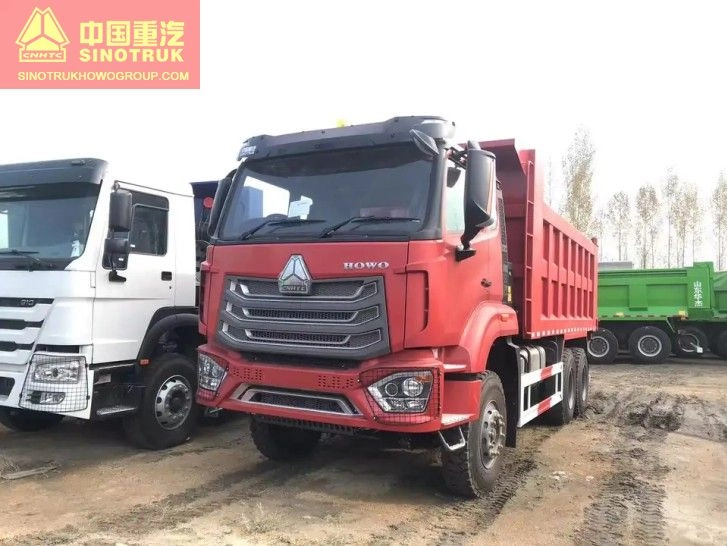
Truck differentials, an essential component in the automotive world, play a pivotal role in enabling vehicles to navigate turns and varied terrains with ease. Essentially, they're the mechanical wizards that distribute engine power to the wheels, ensuring a smooth ride while maintaining traction. This article aims to demystify the intricacies of these often misunderstood parts and offer insights into their importance in the realm of trucks.
What Are Truck Differentials?
At its core, a differential is a gear system found in a truck's drivetrain. It allows the wheels on the same axle to rotate at different speeds when turning, a crucial factor for maintaining control and preventing tire wear. In simpler terms, imagine a truck rounding a corner – the outer wheel needs to travel a greater distance than the inner wheel. The differential enables this differential motion, ensuring both wheels rotate at the appropriate speed.
Types of Truck Differentials Explained
1. Open Differential: The most common type, found in most standard trucks, allows one wheel to spin faster than the other during turns. it may not be ideal for situations where maximum traction is needed, like off-road driving.
2. Limited-Slip Differential: A step up from the open differential, this type limits the speed difference between wheels, providing better traction on slippery surfaces.
3. Locking Differential: For severe off-road conditions, a locking differential is a game-changer. It forces both wheels on an axle to turn at the same speed, maximizing traction and control.
How Truck Differentials Impact Performance
The differential's functionality directly impacts a truck's performance, especially in terms of traction, handling, and overall driving experience. A well-maintained differential ensures smooth cornering, reduces tire wear, and enhances the vehicle's ability to handle challenging terrains. In contrast, a faulty differential can lead to reduced control, increased tire wear, and even engine damage.
Solutions for Common Differential Issues
Proper maintenance is key to extending the life of your truck's differential. Regular oil changes, checking for signs of wear, and prompt repairs can prevent many issues. In case of problems, consulting a professional mechanic is advisable. For instance, if you notice a grinding noise or feel a vibration while driving, it could be a sign of differential issues that need addressing.
The Indispensable Role of Truck Differentials
In the grand scheme of a truck's mechanics, differentials are the unsung heroes, silently ensuring smooth rides and optimal performance. Understanding their function and importance can help truck owners make informed decisions about maintenance and upgrades, ultimately enhancing their vehicle's overall efficiency and safety. So, the next time you appreciate the seamless turn of your truck, remember the differential working tirelessly behind the scenes.
open differential vs posi
1. Understanding the Basics: Open Differential vs Posi
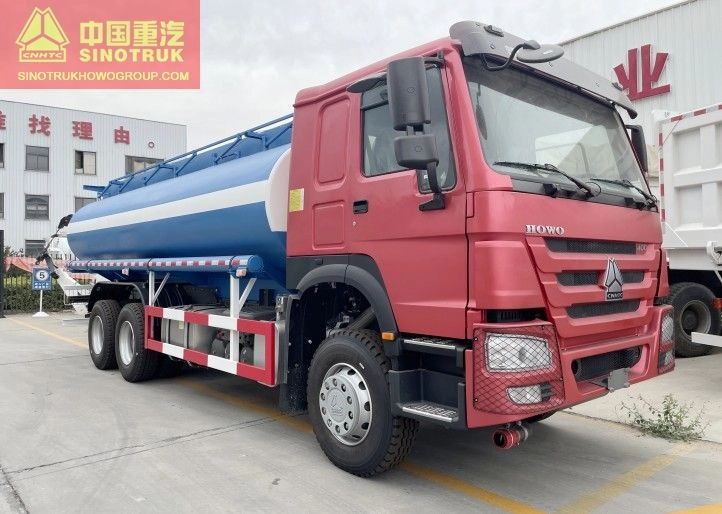
In the world of truck performance, the choice between an open differential and a posi ( posi-traction or limited-slip differential ) plays a crucial role. These two mechanisms determine how power is distributed to the wheels, impacting traction, handling, and overall driving experience. Let's delve into the specifics of each and see how they fare in the context of trucks.
2. The Open Differential: Standard but Not Limitless
An open differential is the standard setup found in most vehicles, including many trucks. It allows the wheels on an axle to rotate at different speeds, which is essential when turning corners. in situations where traction is limited, such as on slippery roads or off-road terrain, an open differential can cause the wheel with less traction to spin uncontrollably, reducing the truck's ability to pull forward.
3. The Posi-Traction: Traction Boost for the Truck Warrior
A posi, or limited-slip differential, bridges the gap by partially restricting the speed difference between the wheels. When one wheel loses traction, the posi transfers power to the other wheel, maximizing grip and improving the truck's ability to pull through challenging conditions. This is particularly beneficial for trucks used in towing, off-road adventures, or in areas with varying weather and road conditions.
4. Case Study: Comparing Performance in Real-World Scenarios
Imagine a full-sized pickup truck navigating a snowy hill. With an open differential, the truck may struggle as the wheel with less traction spins freely, wasting power. On the other hand, a posi-equipped truck would distribute power to the wheel with better grip, making the ascent smoother and more efficient.
5. Choosing the Right Differential for Your Truck
The decision to go with an open or posi differential ultimately depends on your truck's intended use. If you primarily drive on well-maintained roads and don't require extra traction, an open differential might suffice. for those who tow heavy loads, venture off-road, or live in areas with unpredictable weather, a posi-traction differential is likely a better investment.
Balancing Efficiency and Traction
In the battle between open differentials and posi-traction, there's no one-size-fits-all answer. Each has its strengths and weaknesses, catering to different driving needs and preferences. Understanding the mechanics and practical implications of these differentials can help you make an informed choice that optimizes your truck's performance and suits your lifestyle. Whether you're a weekend warrior or a daily driver, ensuring your truck has the right differential can make all the difference in the world.

